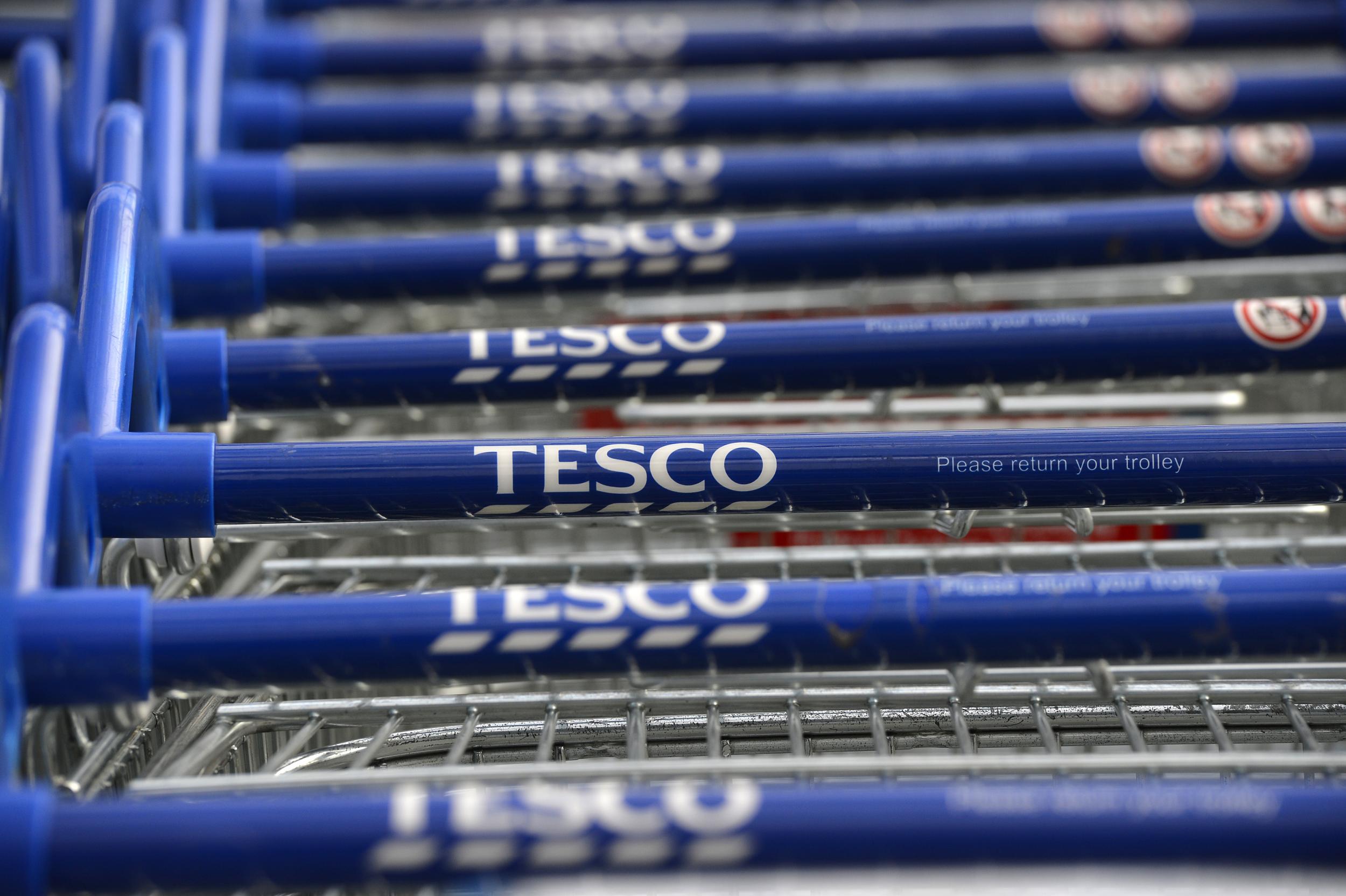Tesco's shares have slumped but it's probably just a bump in the road
The grocer undershot the City's forecasts and was punished for it. CEO David Lewis has become the victim of the expectations he has raised

Your support helps us to tell the story
From reproductive rights to climate change to Big Tech, The Independent is on the ground when the story is developing. Whether it's investigating the financials of Elon Musk's pro-Trump PAC or producing our latest documentary, 'The A Word', which shines a light on the American women fighting for reproductive rights, we know how important it is to parse out the facts from the messaging.
At such a critical moment in US history, we need reporters on the ground. Your donation allows us to keep sending journalists to speak to both sides of the story.
The Independent is trusted by Americans across the entire political spectrum. And unlike many other quality news outlets, we choose not to lock Americans out of our reporting and analysis with paywalls. We believe quality journalism should be available to everyone, paid for by those who can afford it.
Your support makes all the difference.Tesco’s reward for posting the eleventh successive quarter of sales growth was to see it’s shares getting thumped.
The group increased operating profits by nearly a quarter, pre tax profits by 2.2 per cent, its dividend by two thirds, and its overall revenues by 12.8 per cent.
But the City had expected those operating profits to come in £45m higher than the reported £933m, and knocked £2bn off the company’s market value as a result.
Chief executive David Lewis has in many ways become the victim of the expectations that his stewardship of the company have sent skyward. That and the fact that while the core business is in good heart, and the acquisition of wholesaler Booker acquisition continues to confound skeptics, overseas things look less rosy.
Thailand was highlighted as a particularly difficult market, but it’s not the only one causing a headache.
Too big and too complex is the charge that will be levelled by Mr Lewis’ small band of critics.
He has, however, earned a lot of licence with the way the business has come on since he took over. This doesn’t mean he has a blank cheque, but if things keep rolling at home he will be given time to address the problems of the Asian and Central European operations, assuming he wants to keep them. They might yet come in handy with the ugly prospect of Brexit looming here.
Despite the mess the latter is creating, Mr Lewis has stuck with a target of achieving a 3.5 to 4 per cent margin in a couple of years, which would be ambitious even without the Brexit bugbear.
It remaining in place gave analysts comfort that the core business is one that is worth backing long term, and that the downturn in the share price may ultimately be seen as an over reaction and a nice buying opportunity.
Tesco still has its challenges. It operates in an ultra competitive market, one that forces Mr Lewis and his team to run very fast just to stay still. But they appear capable of doing that.
Where’s Jack’s in all this? The big PR splash Tesco generated with its attempt to launch a competitor to Aldi and Lidl by taking retail back several decades and indulging in some crass nationalist posturing (all our milk is British!) was barely mentioned.
The word count of the results announcement read 29,003 after transferral to my Mac, although that includes numbers. Jack’s accounted for just four of them. It was a very minor character the novella.
Perhaps that’s a good thing. The idea is ok, but the format could do with a few tweaks.
Mr Lewis’ format for Tesco, however, is just fine. These results should ultimately come to be seen as a mere bump in the road.
Join our commenting forum
Join thought-provoking conversations, follow other Independent readers and see their replies
Comments